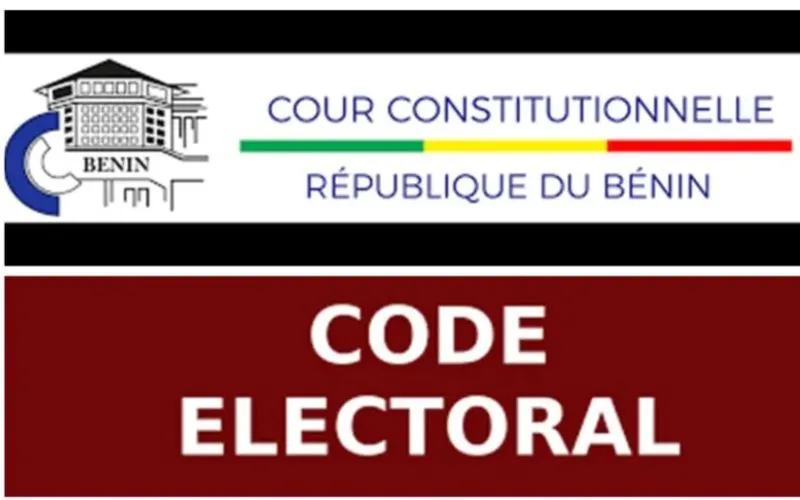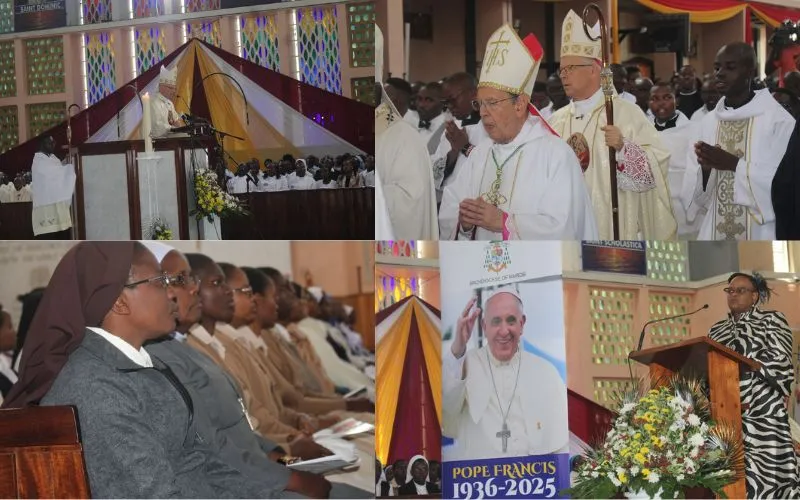Cotonou, 08 March, 2024 / 8:50 pm (ACI Africa).
Religious leaders in Benin have urged citizens in the West African nation to remain calm following the country’s disputed parliamentary review of certain provisions of the electoral code as requested by the constitutional court on January 4.
On Tuesday, March 5, Members of Parliament (MPs) in Benin voted to modify the electoral code. On January 4, the Constitutional Court had ordered parliament to review certain provisions of the electoral code described by the opposition as “inconsistent.”
These inconsistencies concern the sponsorship of candidates and avoiding overlapping dates for the 2026 general elections, RFI reported.
In a statement issued March 5, the representatives of Islam, the Methodist Protestant Church and the Catholic Church said they are following the socio-political situation in the country with “utmost attention.”
“The leaders of Benin's religious denominations call on the sons and daughters of Benin to remain calm, and on political actors of all persuasions to show wisdom and restraint in order to preserve peaceful coexistence, the guarantee of our country's development,” they said in their collective statement shared with ACI Africa.








